They sent her away before sunrise.
No goodbye feast.
No ceremony.
Just silence, and a bag of bitter root powder meant to “keep the gods quiet.”
Sungbo didn’t look back.
She walked barefoot through the forest, the fire trailing behind her in faint curls—never touching trees, never setting grass alight. It moved with her, not for destruction, but for witnessing.
Three days in, she came upon a woman with eyes like copper and teeth carved from bone.
The woman was covered in soot, standing in the center of a field scorched bare, her skin glowing with cracked ember-marks.
“You’re late,” she said.
“I wasn’t coming to you,” Sungbo replied.
The woman smiled. “Then you’re exactly on time.”
Her name was Ena of the Unmarked.
She was the last firewalker of her clan—a keeper of rituals older than the Seven Houses, before flame had scripture or loyalty.
Ena pointed to Sungbo’s palms.
“You didn’t just call the flame,” she said. “You named it.”
“I didn’t know I could.”
Ena stepped forward, placed both hands over Sungbo’s heart.
“The moment you cried it into the world, it remembered its first truth.”
“That fire is not for kings.
It’s for those who walk alone.”
Sungbo stayed with Ena for two seasons.
Learned how to command flame without voice.
How to trace memory in ash.
How to step into fire and come out with someone else’s name.
But it wasn’t until the third season—when the rains came late and children started disappearing from riverbeds—that Sungbo saw what her power truly meant.
Because the village wasn’t sick.
It was cursed.
And only the forgotten fire—her fire—could pull the curse out.
She built a ring of flame in the middle of the village.
Called the names of every child stolen.
Lit a candle for each.
And when the last flame turned black, she stepped inside it—
—and pulled a god from the river.
The villagers watched in silence.
Not afraid now.
Awed.
Because the girl they had cast out…
…was the only one who knew how to call the darkness by name—and survive it.

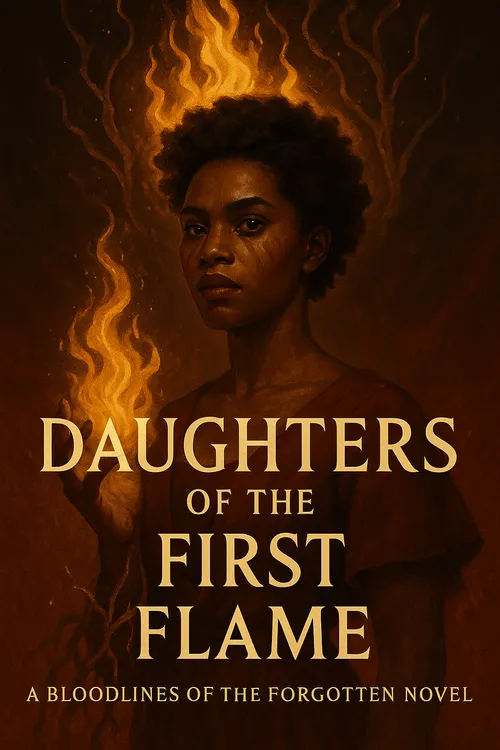



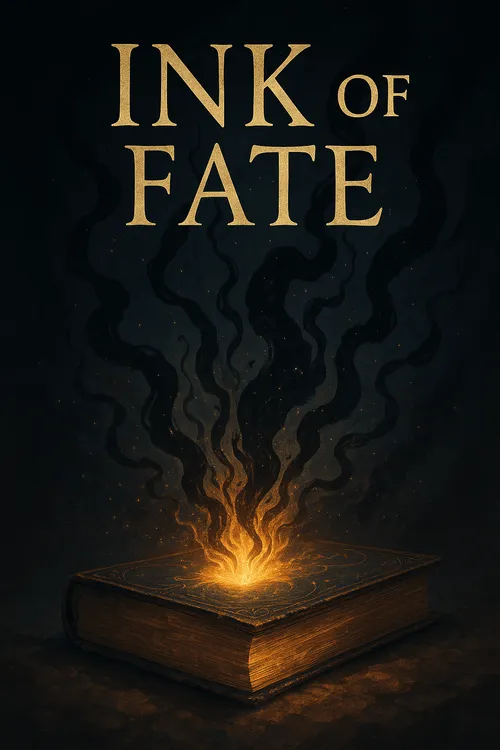
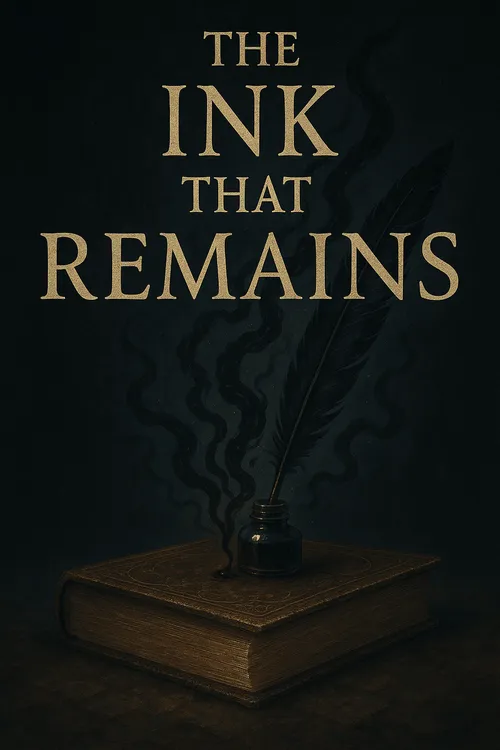

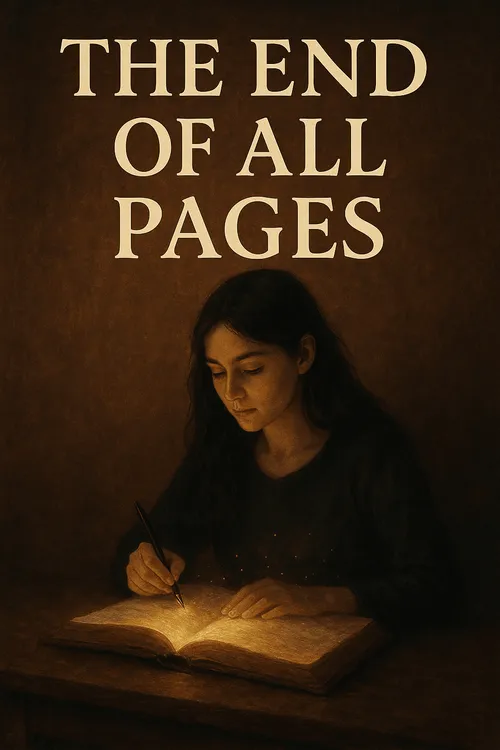
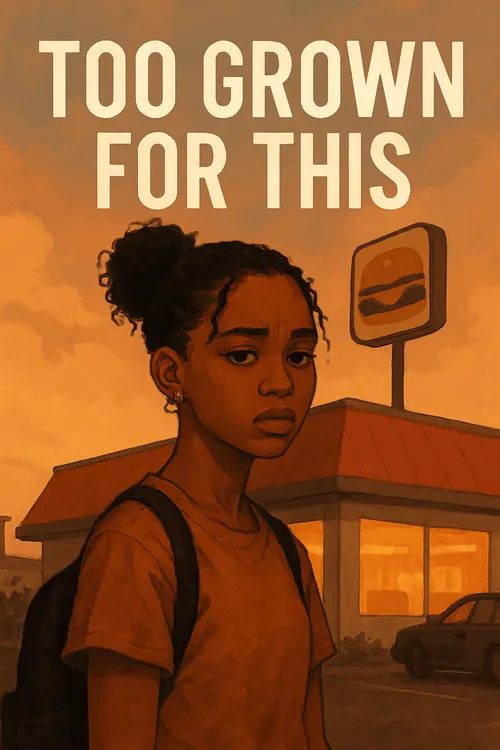
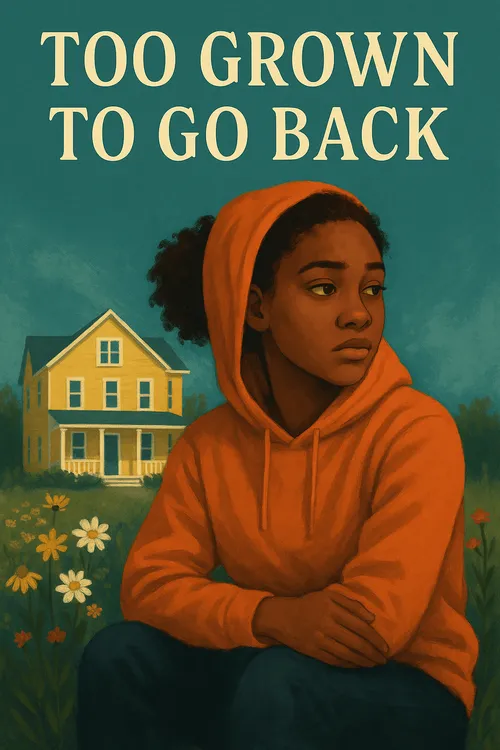
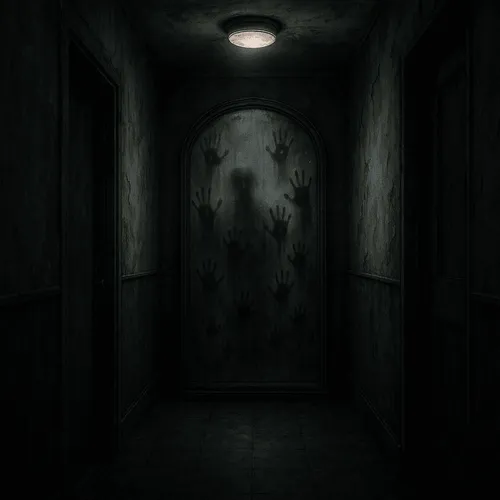
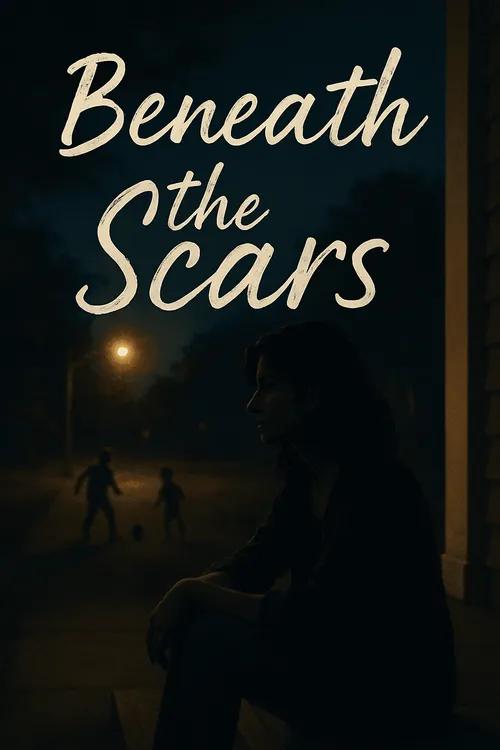
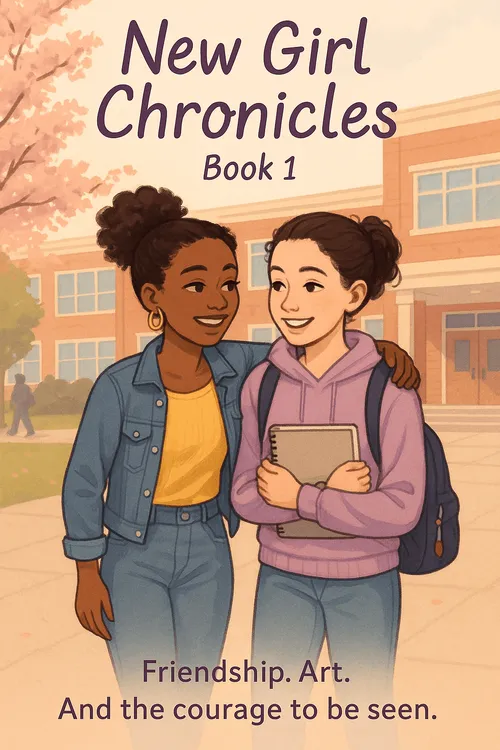

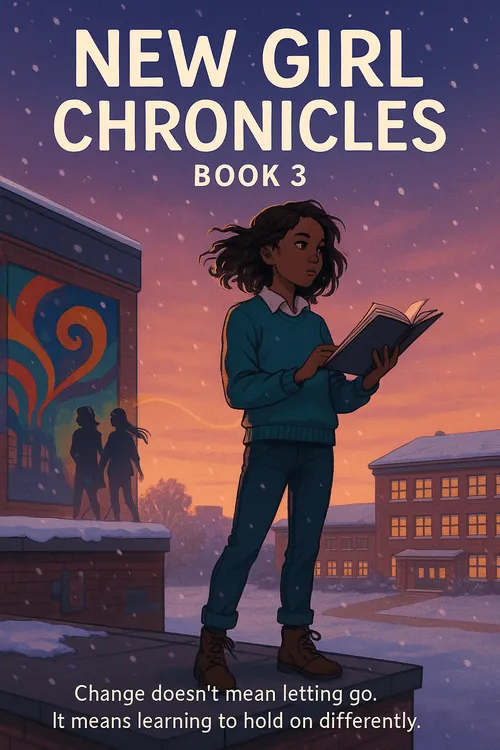
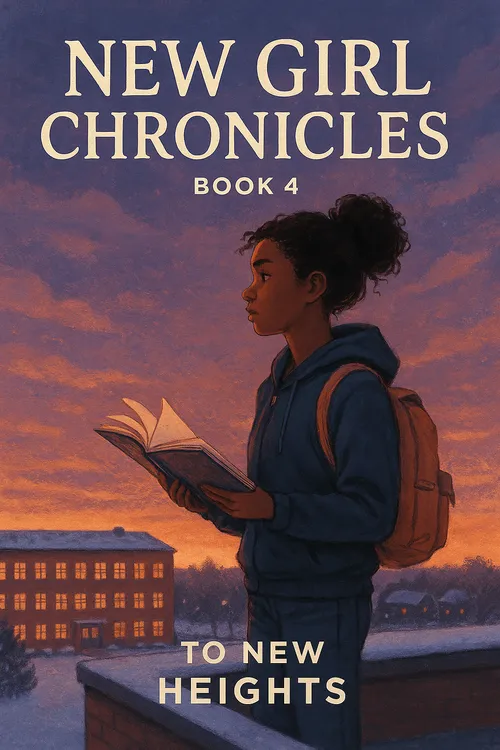
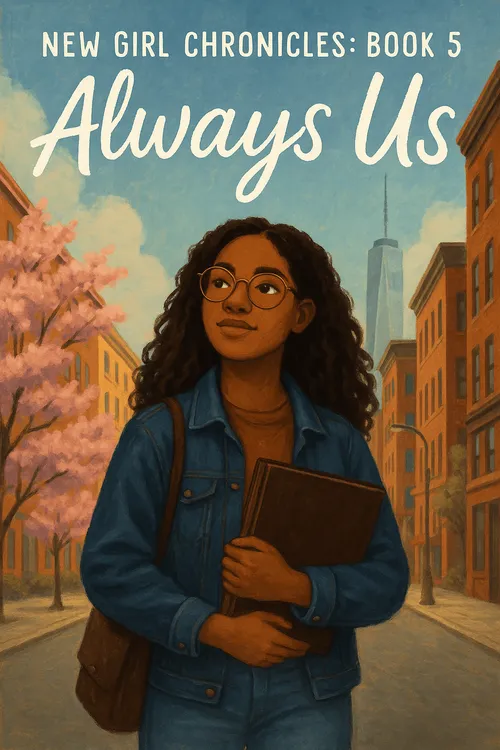
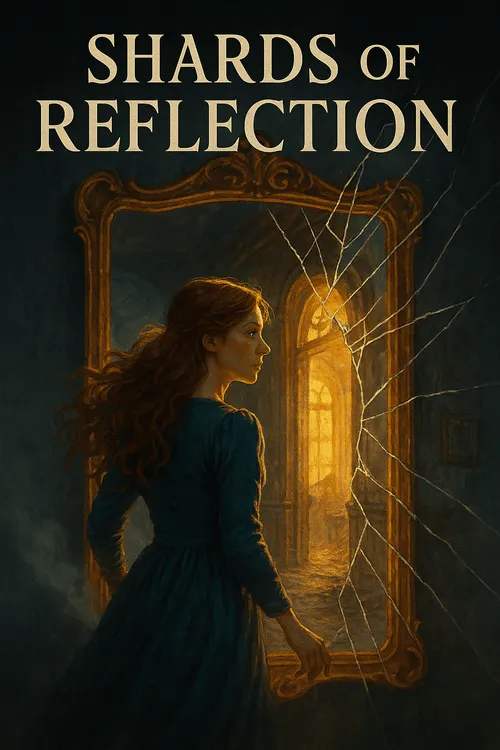
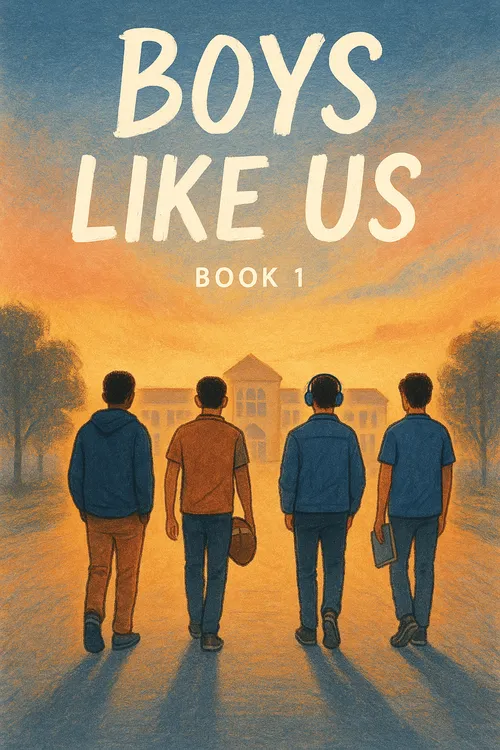
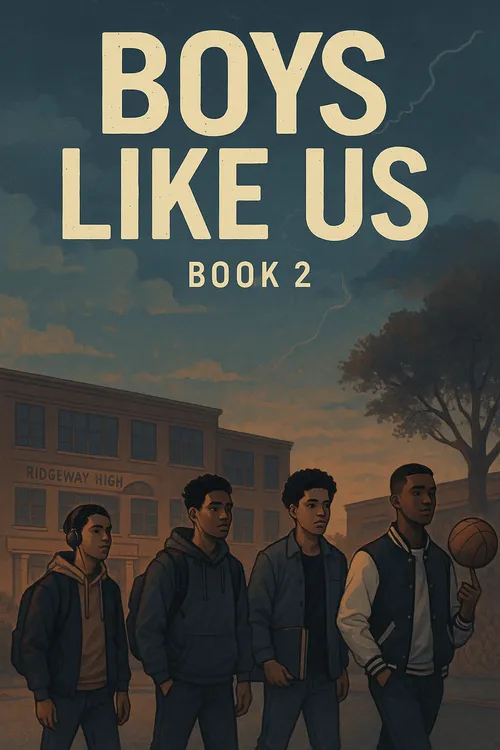
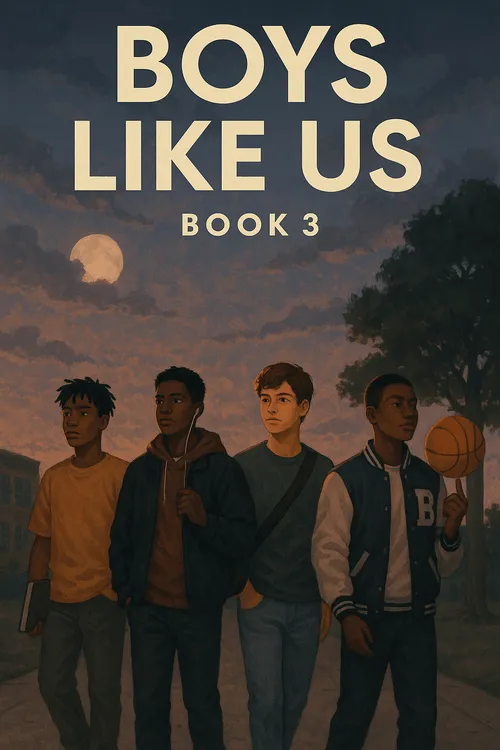
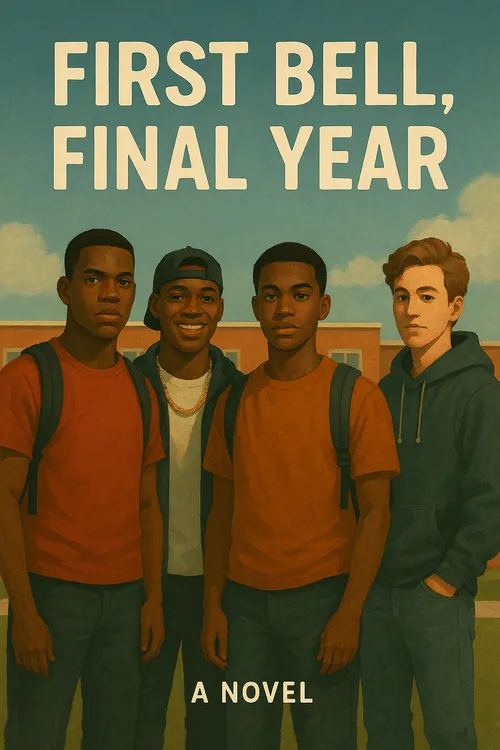
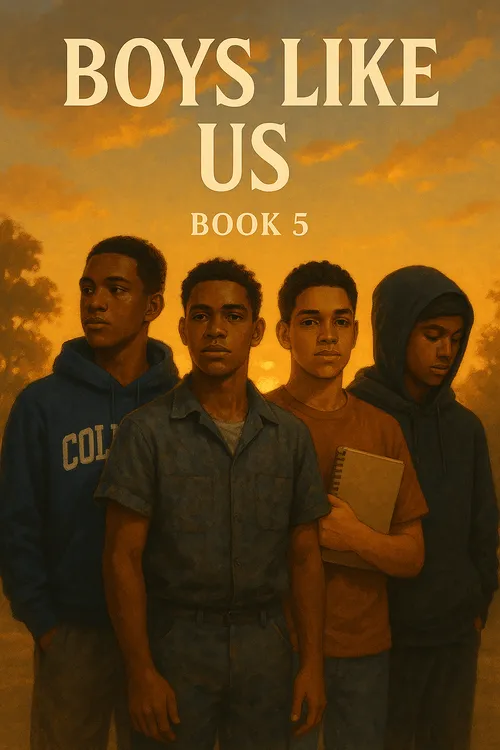
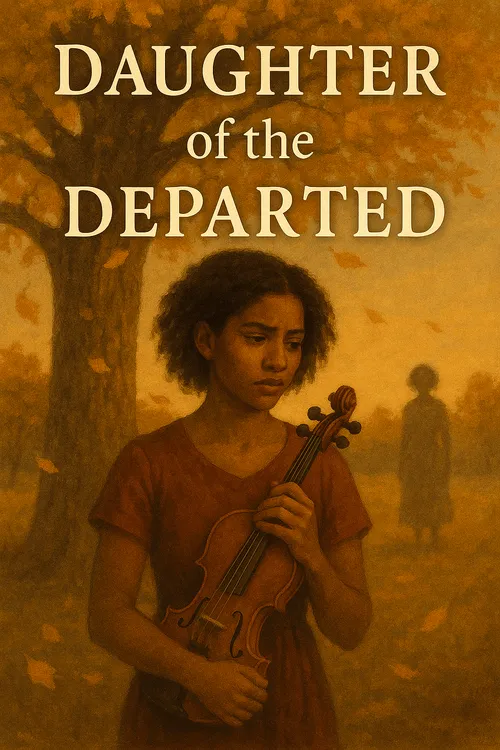
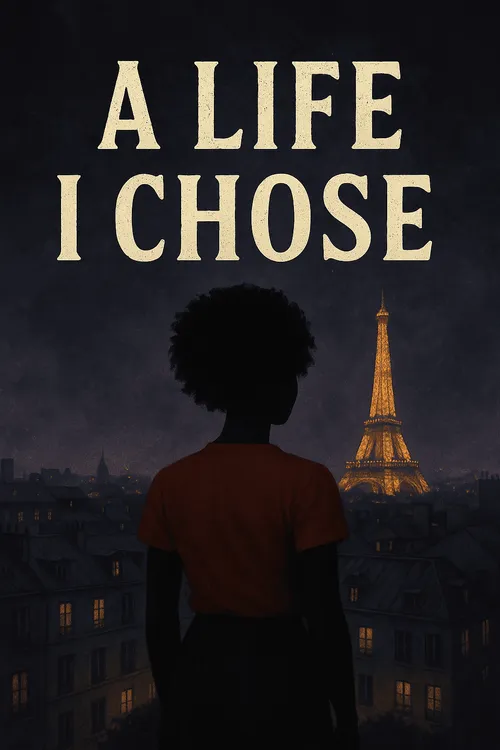
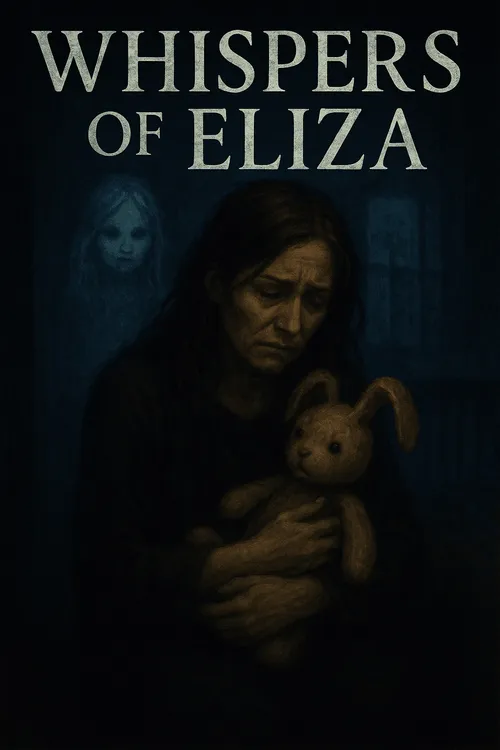
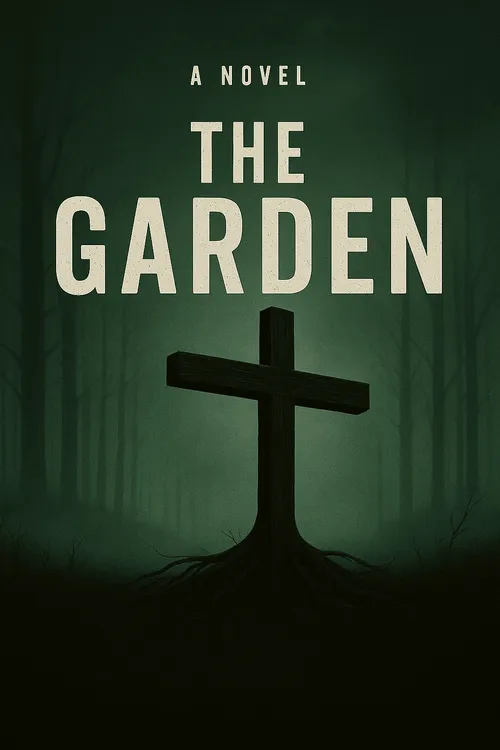
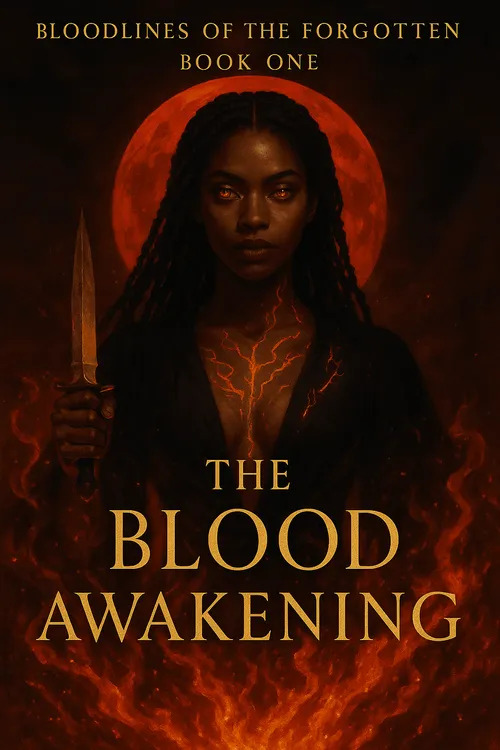
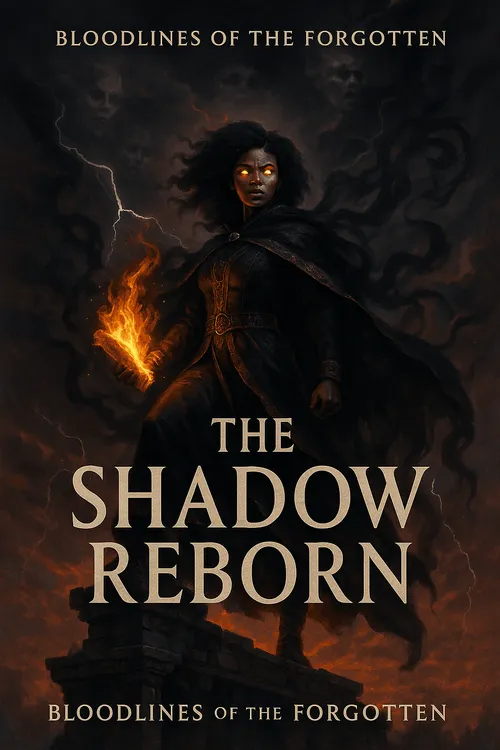
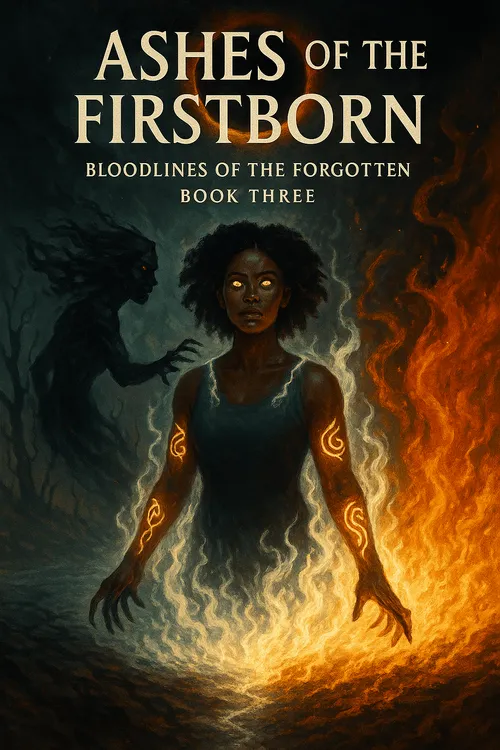
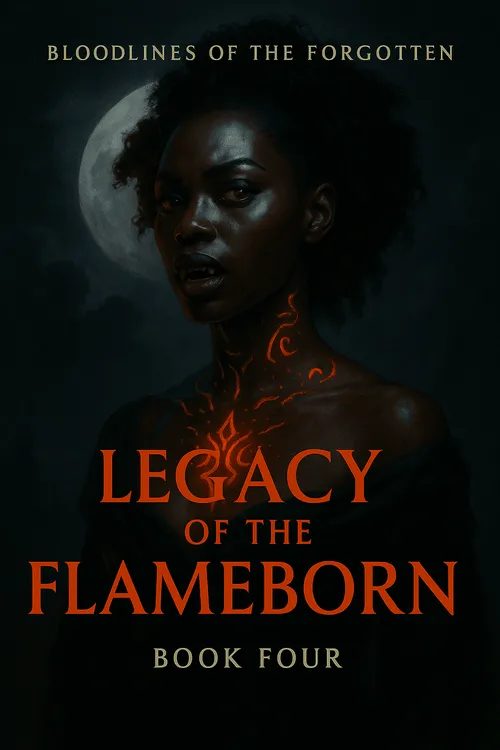
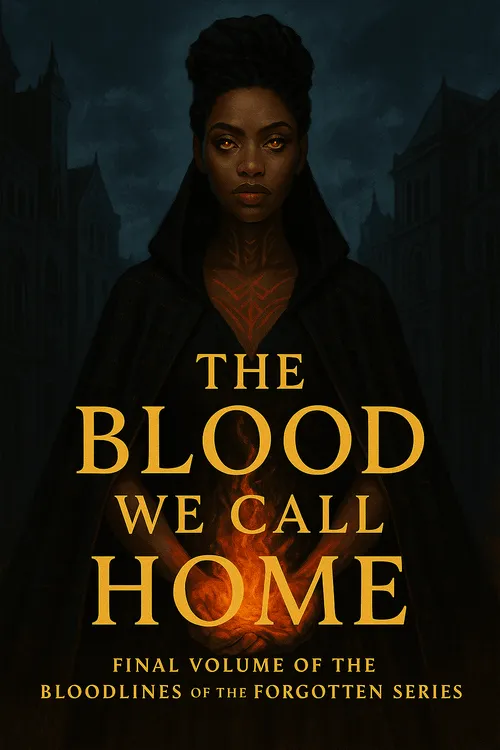
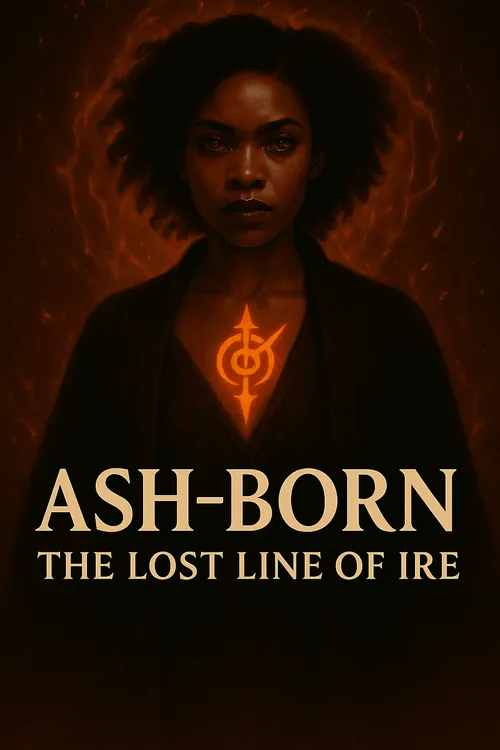
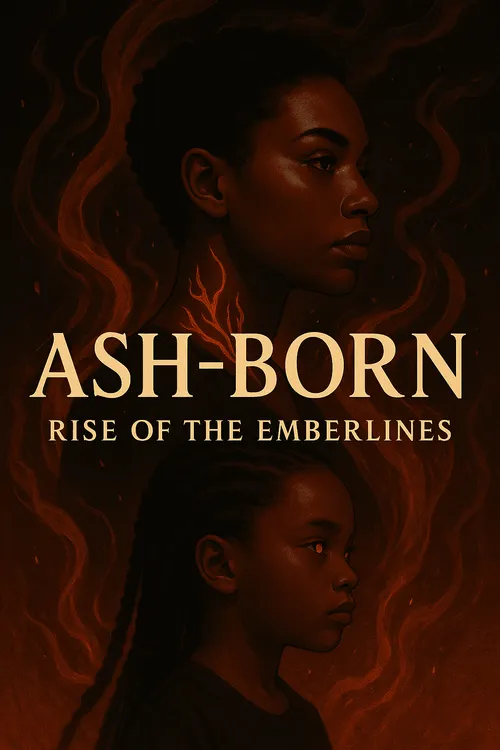
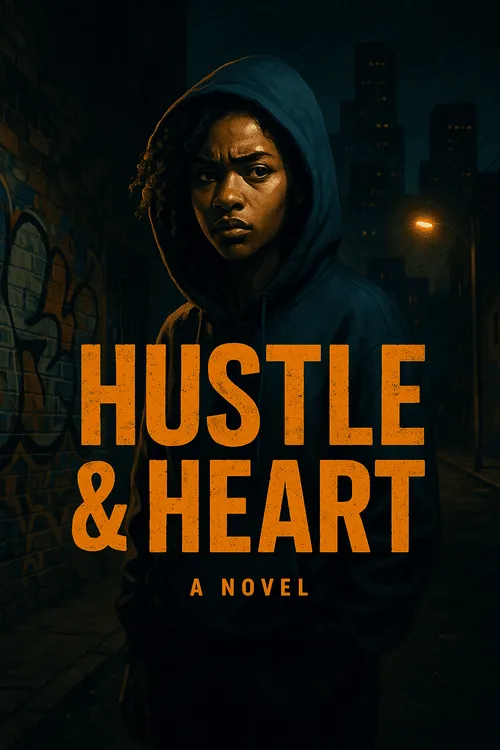

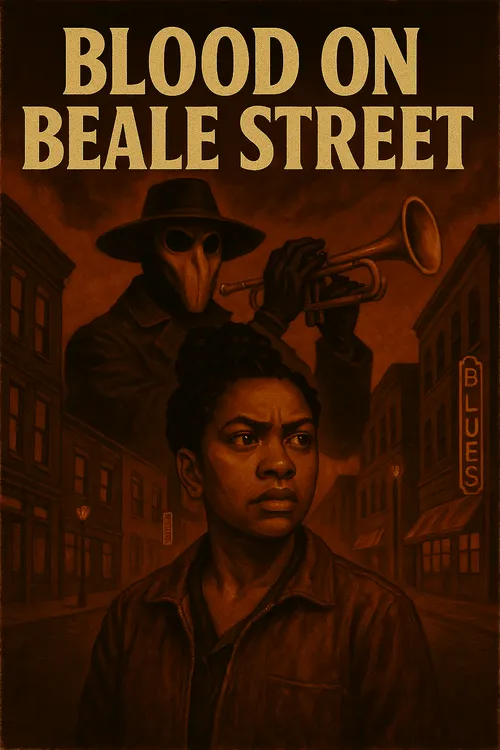
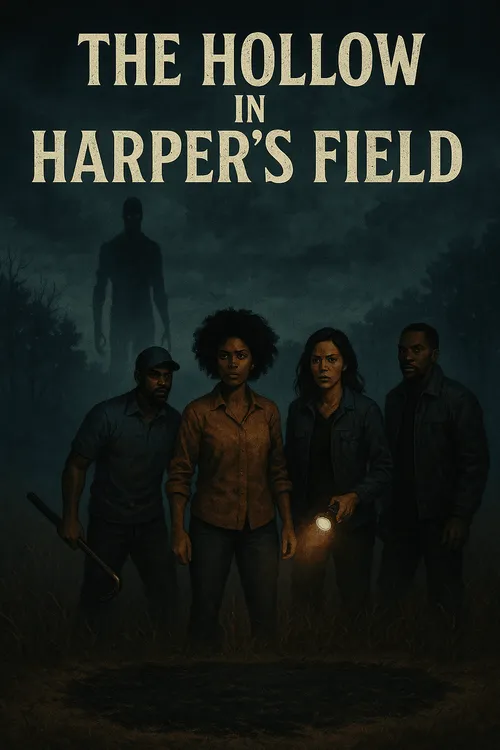
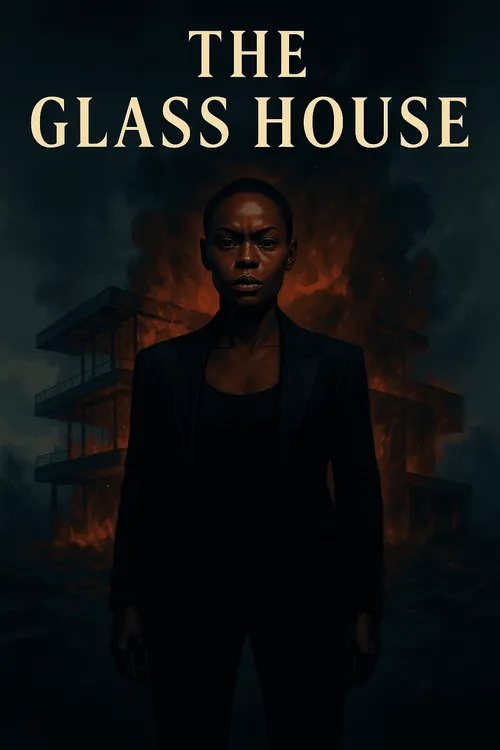
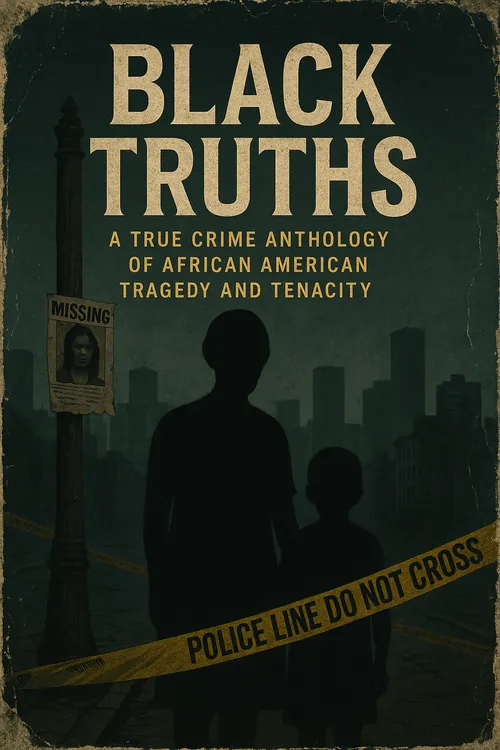


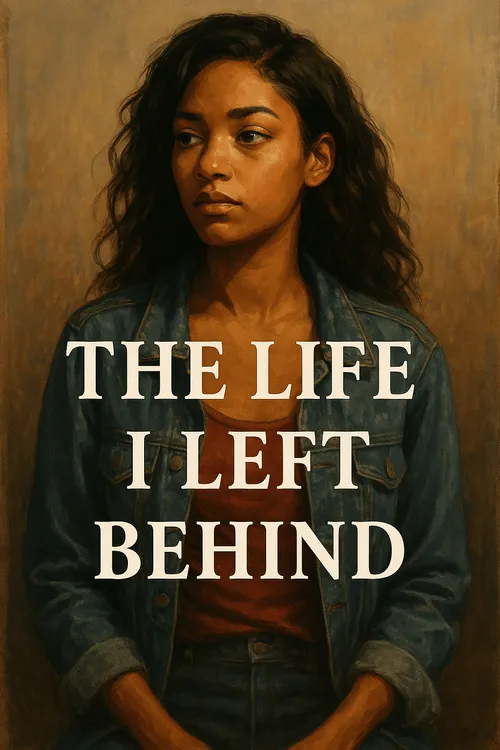
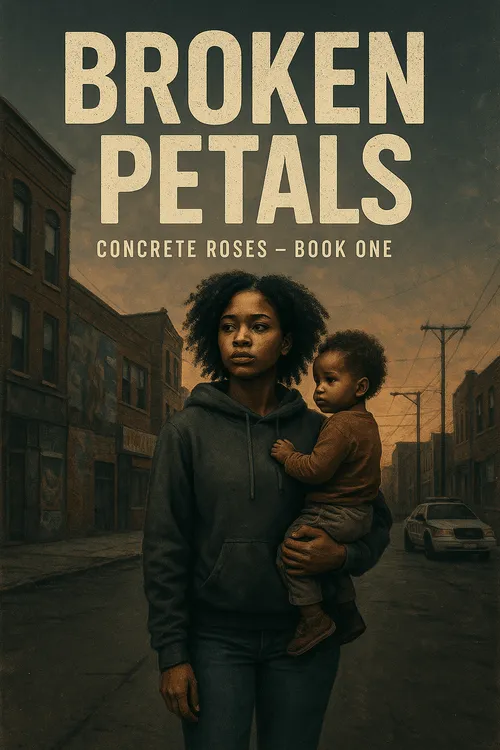
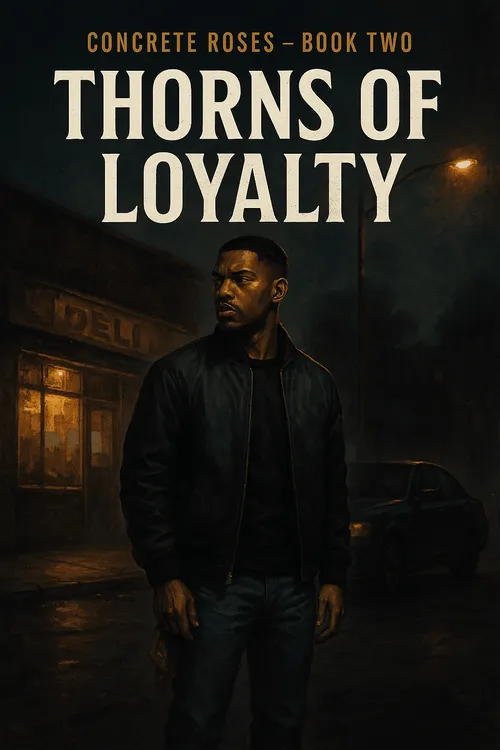
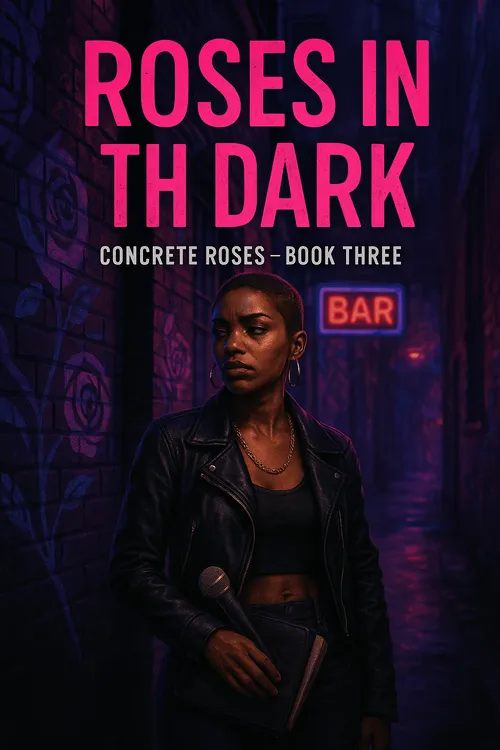
This story has not been rated yet. Login to review this story.